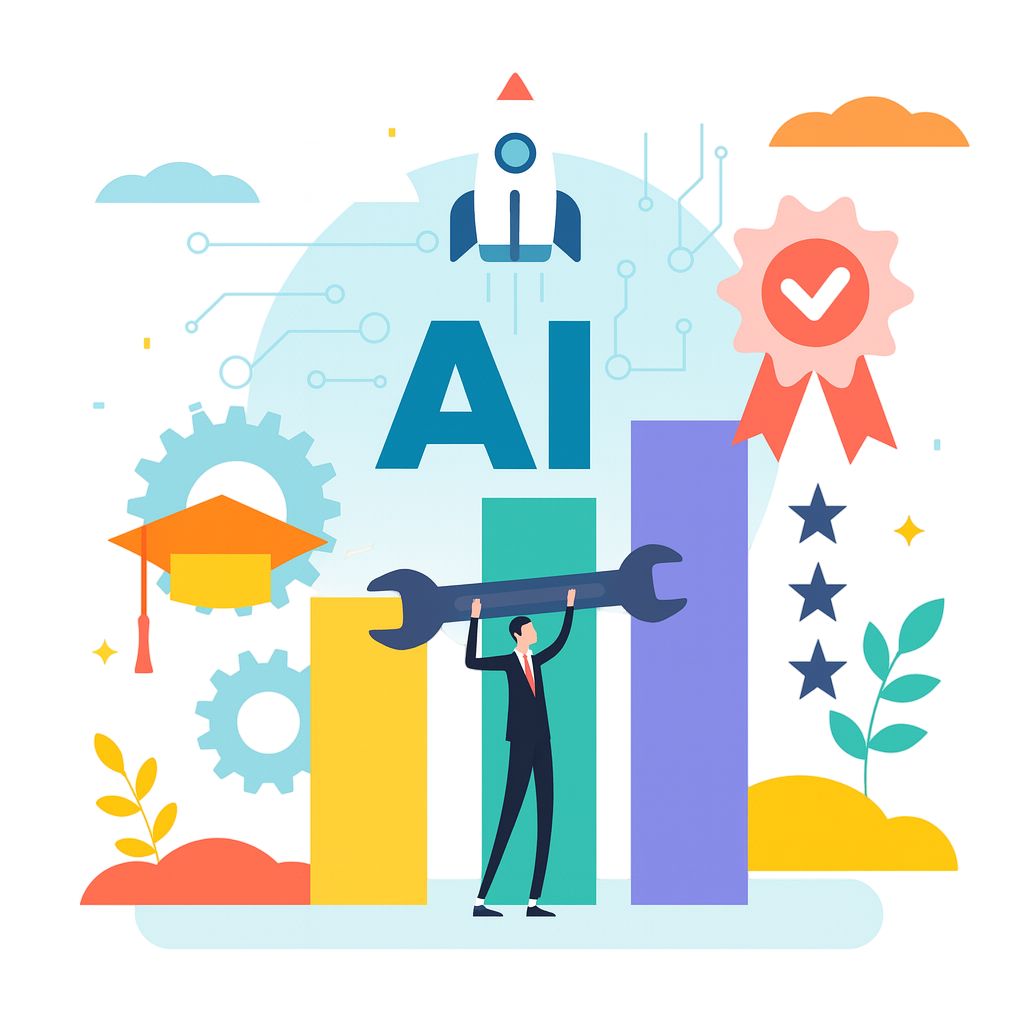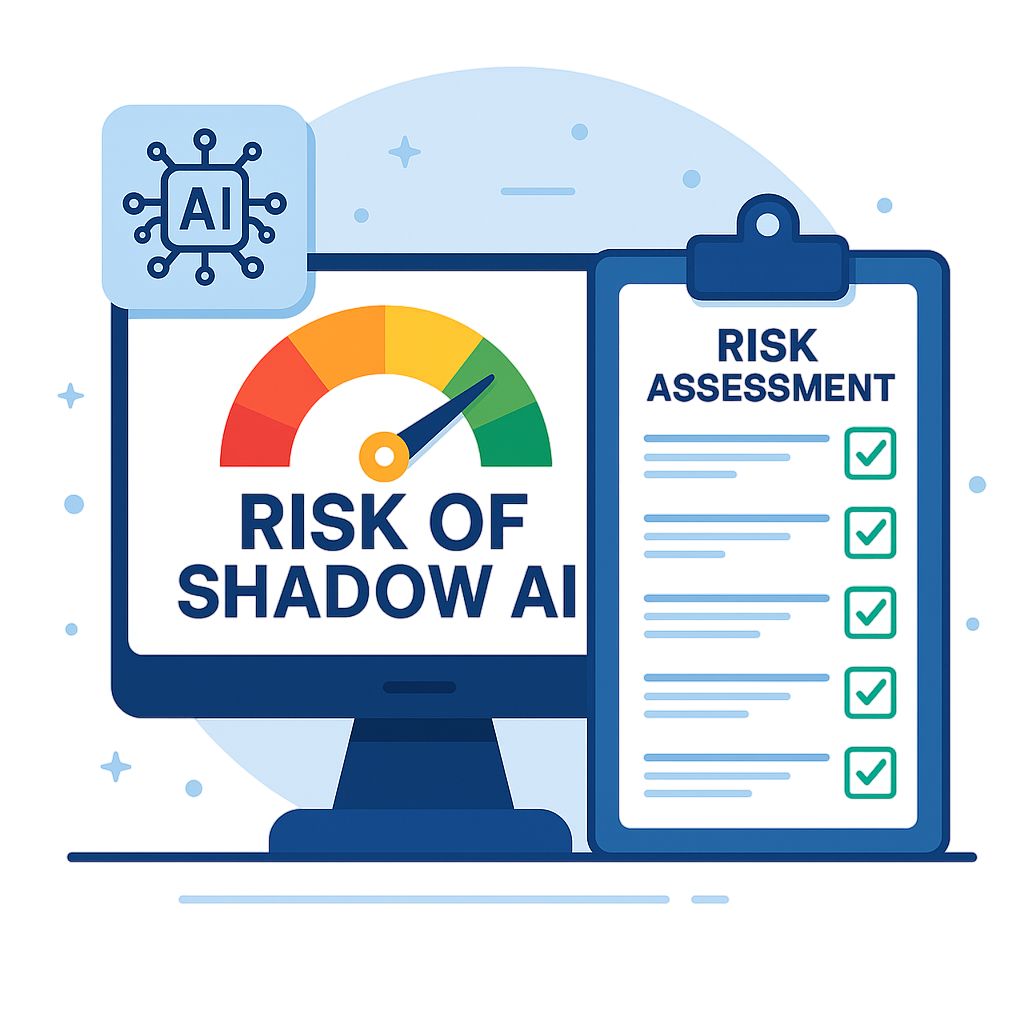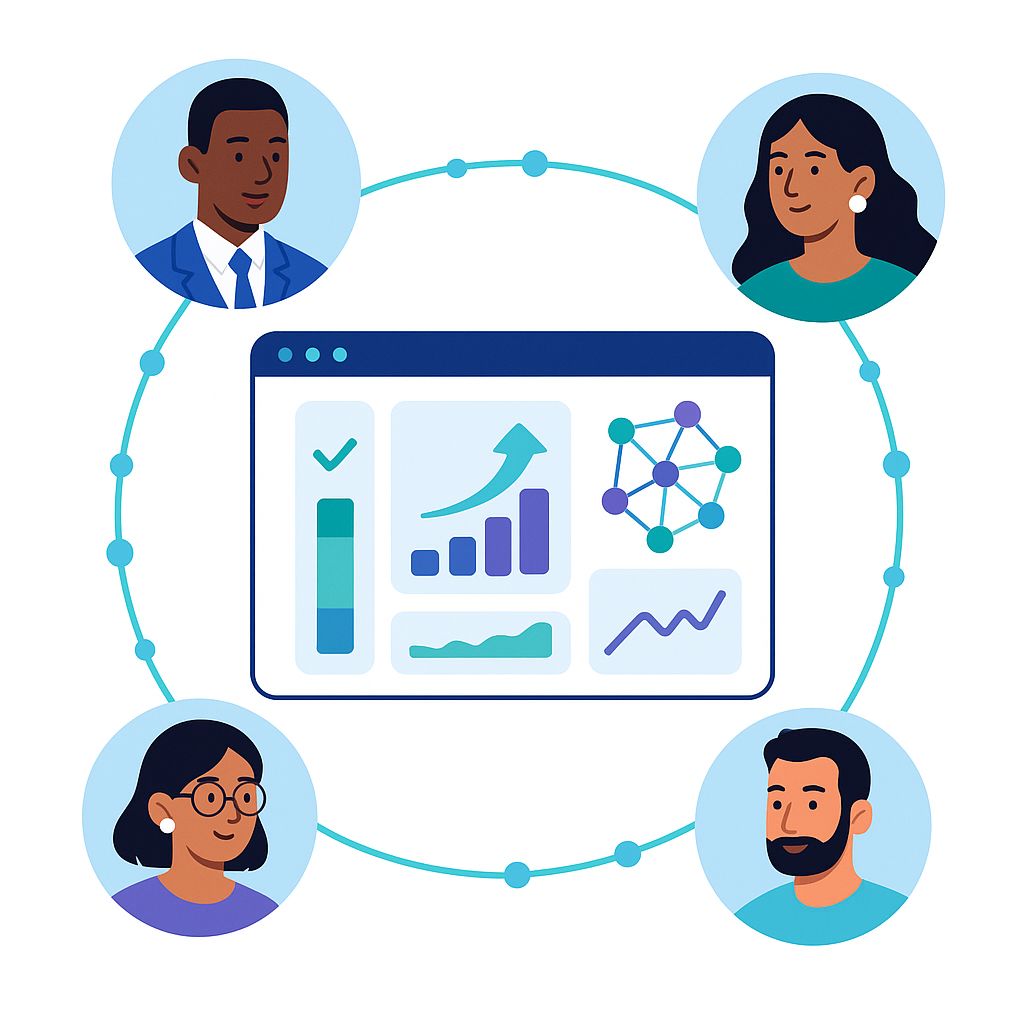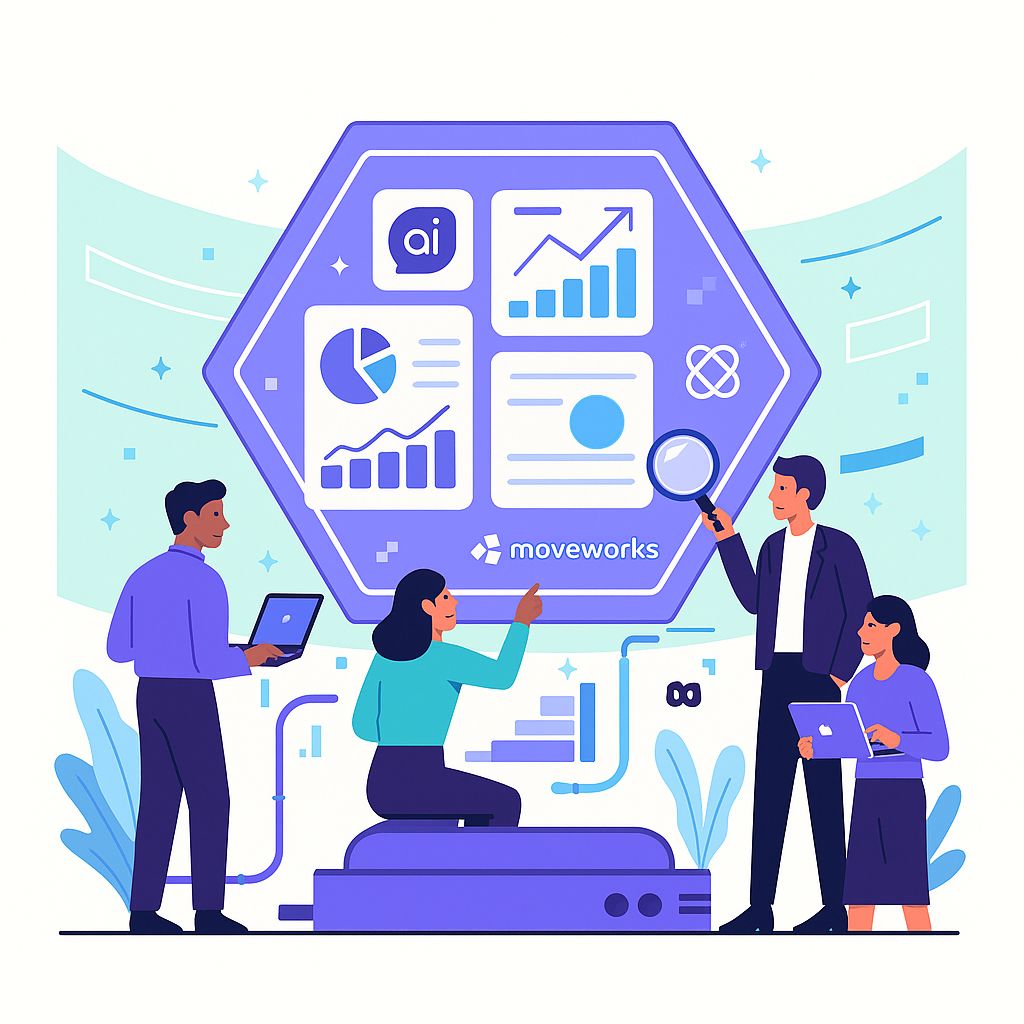
Measure AI Fluency of Your Organization
Discover how to assess your organization’s AI fluency and unlock its full potential. Learn how measuring AI understanding, adoption, and confidence can drive smarter, data-informed decisions across teams.

Reducing the AI Skills Gap
Learn how to close the AI skills gap with continuous learning, strong leadership, and Worklytics insights to boost AI adoption and team performance.

What is Shadow AI?
Shadow AI is reshaping how employees use technology behind the scenes. Explore what it is, why it matters, and how companies can turn it into an advantage.

Is Email Productive?
Is email helping or hurting productivity? Explore insights on optimizing communication habits to make email truly effective.

How to Track Usage of Figma AI Across Your Team
Discover how to monitor and measure Figma AI adoption across your team. Learn to track usage, identify productivity trends, and unlock insights that improve collaboration and design efficiency.








